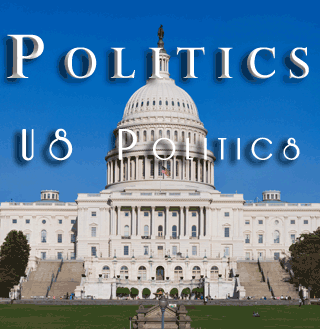After Trump and the pandemic—the deluge?
I have heard several TV panelists say that we will never be the same after Trump and the pandemic. But none have explained how we will be different. I think I have seen evidence of what we will be after these two simultaneous catastrophes.
I think the changes will be moderate, though significant.
First, school attendance will be less important. Pandemic proven software will be available for grades K through senior year in college. Homeschooling in the United States already constitutes the education of 3.4% of U.S. students, that’s approximately 2 million students. We have nine online cyber schools in Pennsylvania already, four free public, five private schools. Now, even more students have experienced online schooling.
Using Zoom, Microsoft Teams, or Google Meet, teachers can teach from anywhere to students located anywhere. Formats are being modified in light of their heavy use in U.S. schools during the pandemic.
Online K-12 education eliminates bullying, dress competition, and sports and all the injuries resulting from them. Kids studying at home, like those in Finland today, where schools only convene 3 or 4 days a week, get their exercise by playing with each other. They will play soccer, basketball and baseball on their own, perhaps under parental supervision, learning to cooperate on their own.
Shopping will be different, too — more online shopping. First, because many small stores will have gone out of business because of the pandemic and, second, because we will have become accustomed to shopping online during the pandemic. The online shopping experience is being made more comfortable, shipping is becoming less a problem and, as online department stores become easier to access. The experiment with running businesses online will teach those businesses that survive that, in many cases, brick and mortar presence is not only expensive, but unnecessary. So, more people will be working at home.
My son is a director at Oracle, perhaps the world’s largest database company. He visited us from Boulder, Colorado, for more than a month this summer. He worked 8 to 10 hours a day online, holding video meetings with his teams, who kept doing their jobs without a hitch.
Oracle’s databases are now all in the “cloud,” accessible anywhere in the world. When Oracle sees how well he did, someone there is bound to ask, “Why are we maintaining so many expensive brick-and-mortar office buildings?”
Businesses that depend on the creative interactivity will adopt hybrid schedules, opening offices once or twice a week. But even hybrid work schedules will reduce operating costs: heating, electricity, water and sewer bills will be lower for businesses adopting hybrid schedules.
So, more of us will be working more at home and more of our kids will be doing their schoolwork at home—a recipe for knitting families more closely together. This will reduce the demand for day-care. School sponsored after school activities will still be available for some, but opportunities for parent-child activities will blossom for others.
Some parents, of course, cannot work at home. So, the transition will only affect some families: those in the building trades, working in restaurants, infrastructure maintenance, and so forth, will have to go to work. But many parents can do their job as well at home as in an office. So, the changes I see brought on by a pandemic prolonged by the Trump administration, is that more families will spend more time together than before it.
(The Sunbury Daily Item September 12, 2020)




